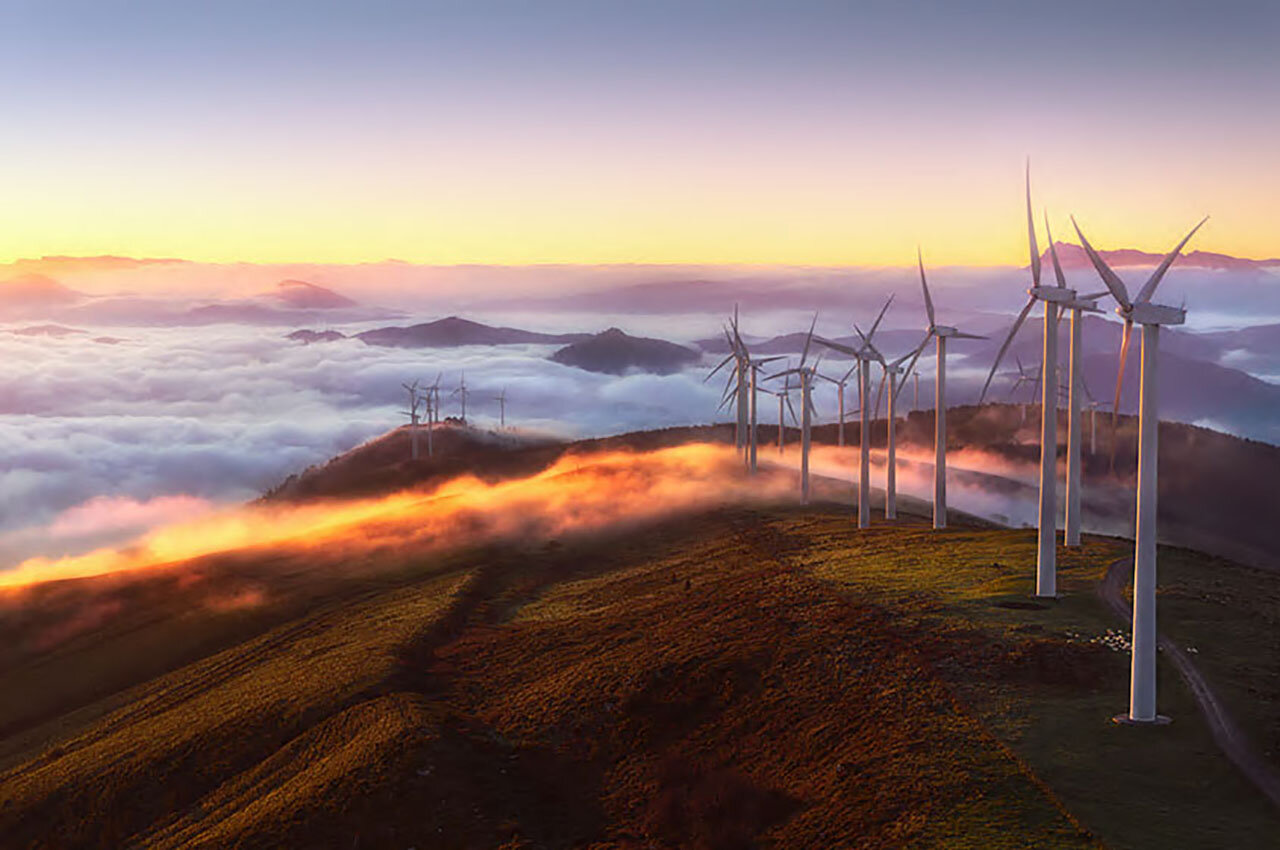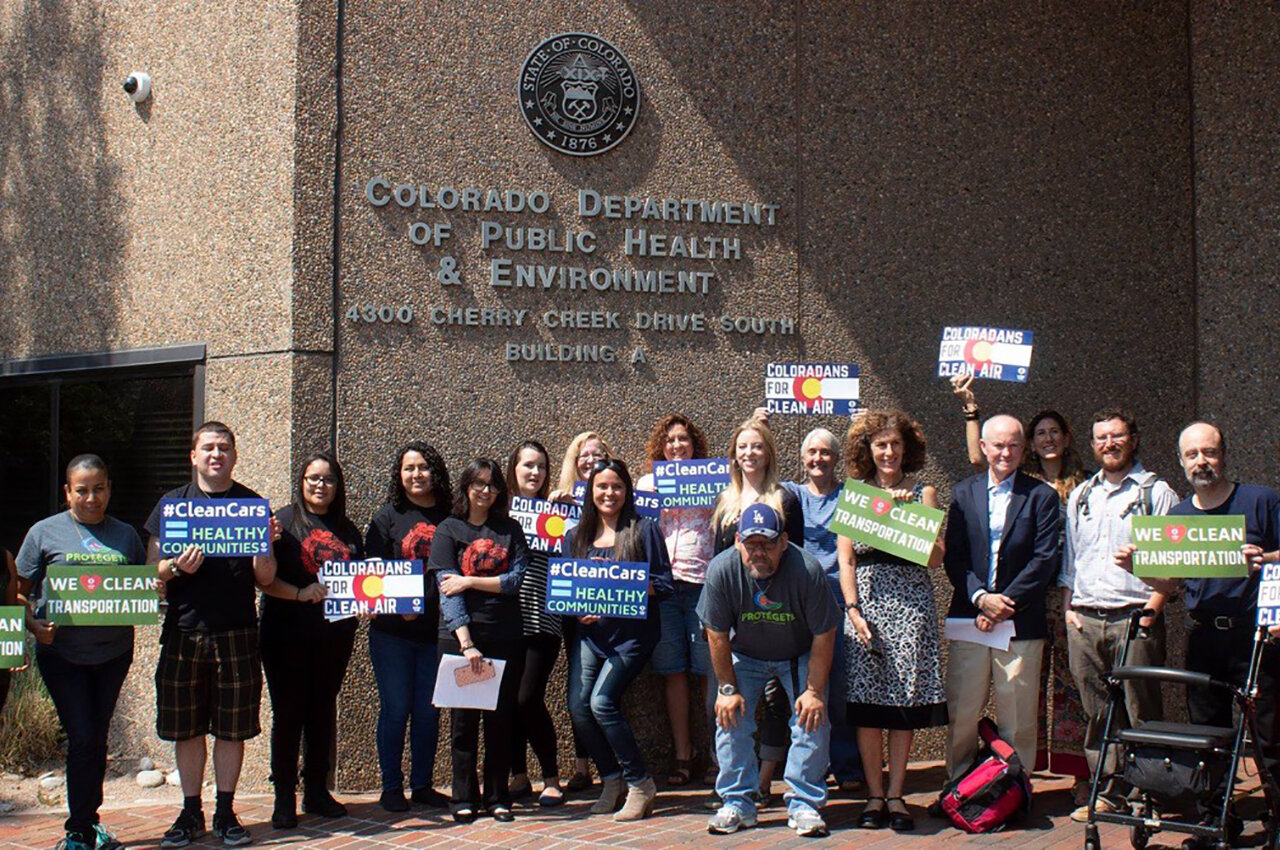ENVIRONMENT
The world is at a tipping point in the climate crisis, and while the consequences of this crisis have profound effects on all people, the burdens of climate change are not distributed equally. Instead, underserved populations, often low-income and people of color, face the brunt of climate disasters and can be more susceptible to risks posed by climate impacts.
SWAHA Foundation supports groups and movements that mobilize and advocate on behalf of the communities facing the inequitable outcomes of climate change. Approaches to tackling climate justice issues include issue area education, raising awareness, providing resources needed for climate adaptation, and leveraging policy as a tool to protect and support these communities.
Iroquois Valley
Supports local, sustainable, and organic agriculture through leasing and mortgage funding. <More
Greenbacker Renewable Energy
Invests in renewable energy infrastructure and finances expansion of clean energy production. <More
Truss Fund
Provides emergency loans to social enterprises especially hard-hit by COVID-19 virus. <More
Conservation Colorado Education Fund
Protects Colorado's climate, air, land, water, and communities through organizing, advocacy, and education. <More
Windsail Credit Fund
A private debt fund loaning to early-stage companies focused on energy efficiency and sustainability of industries. <More
Protect Our Winters (POW)
Helps passionate outdoor people protect the places and lifestyles they love from climate change. <More
SJF Ventures
SJF Ventures seeks to create a more sustainable and equitable future. <More
Sonen Global Sustainable Real Assets Fund
Invests in clean energy, sustainable real estate, responsible forestry, infrastructure, and land & water conservation. <More
“Don’t ask what the world needs. Ask what makes you come alive, and go do it. Because what the world needs is people who have come alive.”
— Rev. Howard Thurman, PhD










